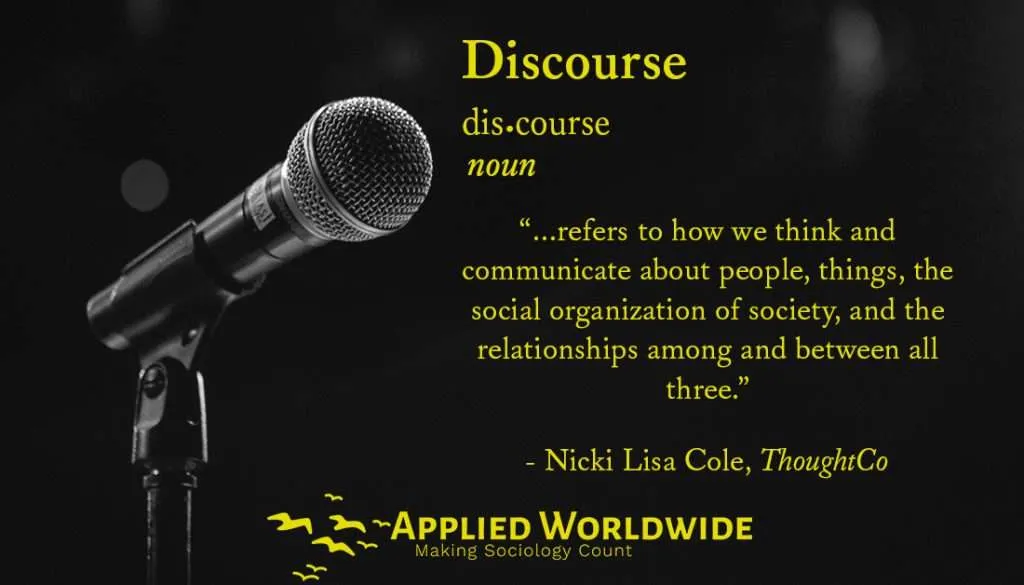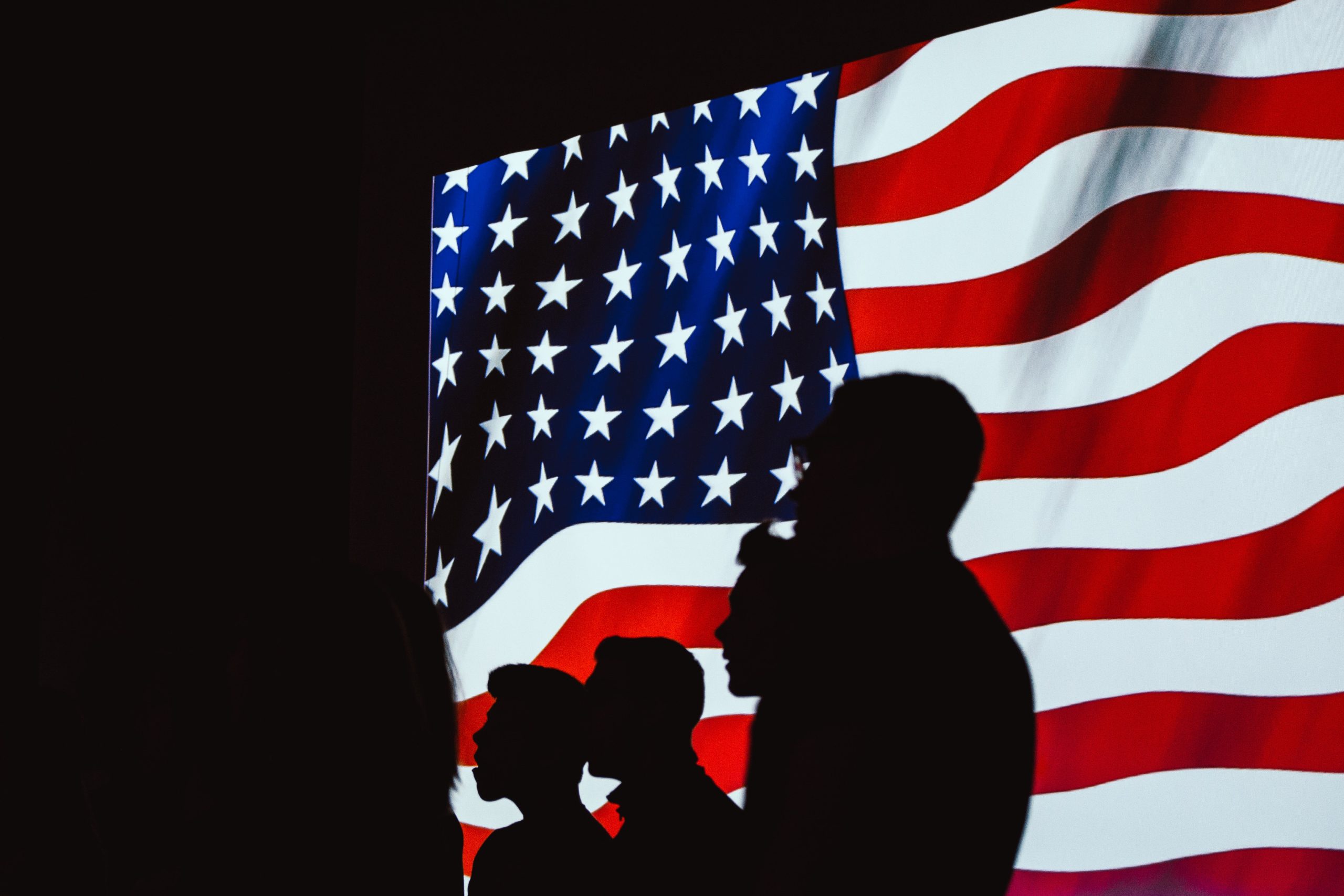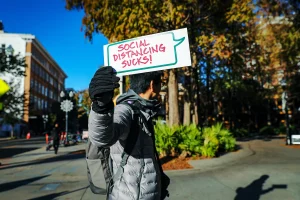The Fourth of July, also known as Independence Day, is a significant holiday in the United States. It commemorates the country’s declaration of independence from British rule on July 4, 1776. From a sociological perspective, this holiday reflects and embodies various social, cultural, and political dimensions. So, let’s dive into a sociology of the Fourth of July in the United States.
In this blog post, we will get into a sociological analysis of the Fourth of July, exploring its collective identity, cultural significance, historical narratives, cultural rituals, social cohesion, and political discourse. While celebrating the holiday, it is important to critically examine its inclusivity and representation within the diverse fabric of American society.
Collective Identity and Nationalism
The Fourth of July fosters a sense of collective identity and national unity among Americans. It is a day when people come together to celebrate their shared history, values, and patriotism. Sociologically, it reinforces the concept of nationalism and solidifies the bond between individuals and their nation. The celebration of this holiday is intended to create a collective consciousness and strengthen social bonds in the United States.
Symbolism and Cultural Significance
The Fourth of July has acquired immense symbolic value over time. It represents the birth of the United States as a sovereign nation and the ideals of freedom, liberty, and independence. The holiday is often celebrated with parades, fireworks, barbecues, and other festivities, which have become deeply embedded in American culture. These traditions and symbols contribute to the cultural significance of the Fourth of July, reminding Americans of their shared heritage and values.
Historical Narratives and Collective Memory
The holiday serves as a reminder of the nation’s history and the struggles of its founding fathers. It reinforces the narrative of a successful revolution against tyranny and oppression, shaping the collective memory of Americans. Sociologically, the commemoration of historical events plays a crucial role in shaping national identity and fostering a sense of belonging. The Fourth of July keeps alive the memory of the past, reminding citizens of the sacrifices and aspirations that led to the formation of the United States.
Cultural Rituals and Traditions
The Fourth of July is marked by various cultural rituals and traditions that contribute to its sociological significance. These rituals include flag hoisting, singing the national anthem, reflecting on the Declaration of Independence, and participating in activities that demonstrate American values. Such rituals serve to reinforce shared norms, values, and beliefs. They create a sense of continuity and connect present-day celebrations with historical events, allowing for the transmission of cultural values across generations.
Social Cohesion and Inclusion
The Fourth of July brings people from diverse backgrounds together, promoting social cohesion and inclusion. While celebrating, individuals from different ethnic, racial, and religious backgrounds participate in the festivities, highlighting a sense of unity amidst diversity. Sociologically, the holiday plays a role in fostering a sense of belonging and solidarity among Americans. It serves as a reminder that regardless of individual differences, people can come together to celebrate and appreciate their shared country.
Political Discourse and Civic Engagement

Independence Day often becomes a platform for political discourse and civic engagement. It provides an opportunity for politicians and civic leaders to address the nation, discuss current challenges, and reaffirm democratic values. It also serves as a reminder of citizens’ rights and responsibilities, encouraging political participation and engagement. The holiday offers a moment for reflection on the nation’s progress and a call to action for addressing ongoing social and political issues.
Critical Perspective on the Fourth of July
Despite its significance, the Fourth of July should still be analyzed critically. Scholars and activists often question whether the holiday’s celebration fully includes the diverse experiences and histories within the United States. They highlight the need to critically examine the nation’s past and work towards achieving a more inclusive and just society. These critical perspectives remind us of the importance of acknowledging the complexities of American history and the ongoing struggle for equal representation and social justice.
Final Thoughts for this Sociological Analysis of the Fourth of July
The Fourth of July is a holiday that holds multifaceted sociological implications. It reinforces collective identity, symbolizes historical narratives, fosters social cohesion, and provides a platform for political discourse. While it serves as a unifying force, there is ongoing dialogue regarding the inclusivity and representation within the holiday’s celebration, reflecting the complexity of American society. By critically analyzing and engaging with discourse of the Fourth of July, we can deepen our understanding of its significance and work towards a more inclusive and equitable future.







